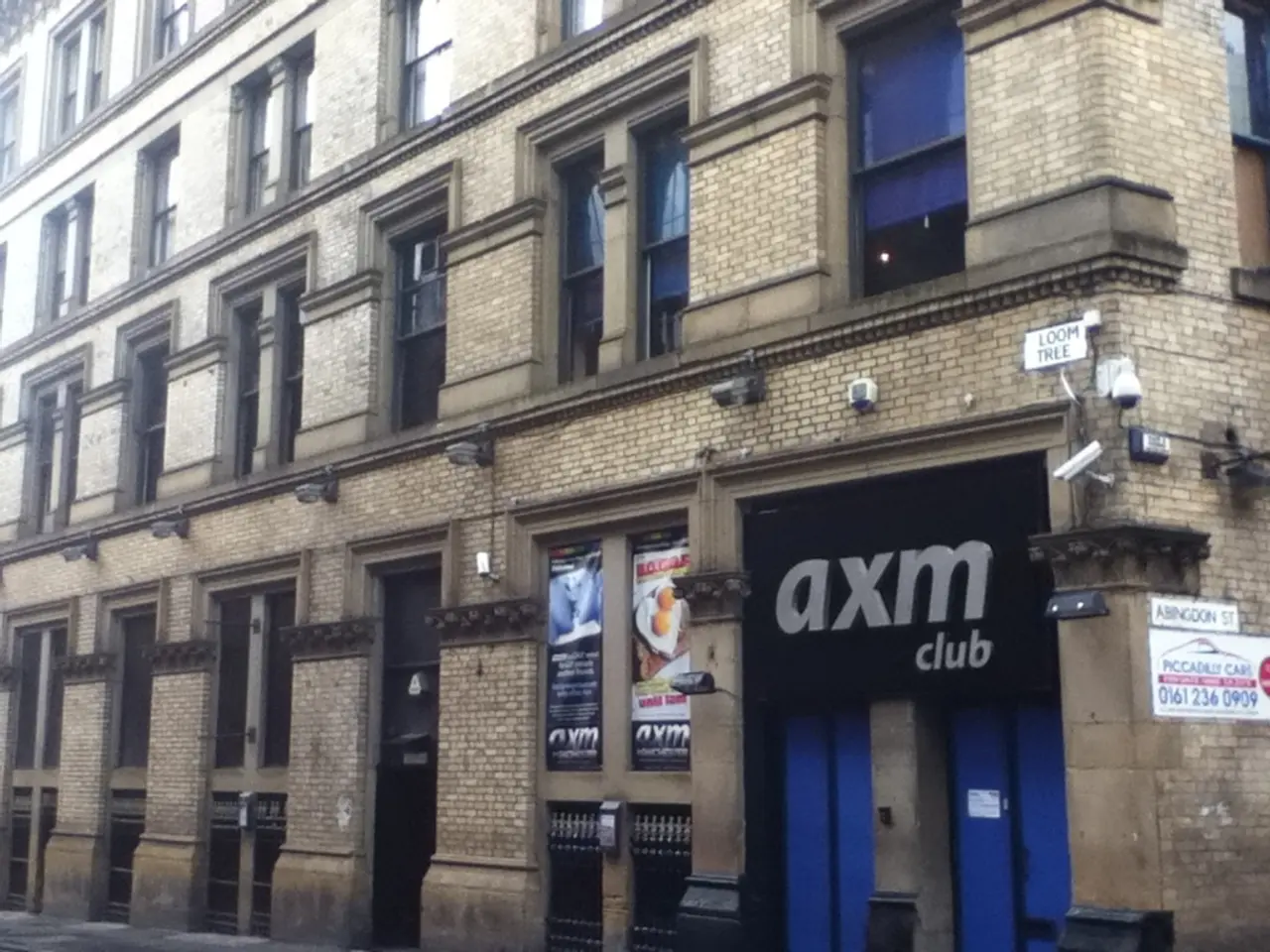Proposing a ban on fireworks and darkstores in residential structures across Russia.
In the realm of e-commerce, the debate surrounding a universal ban on pick-up points and dark stores on residential ground floors has sparked considerable discussion. Major marketplaces, such as Wildberries and Ozon, have voiced their opposition to such a ban, citing concerns about its potential impact on the development of small and medium-sized businesses, particularly in remote regions.
The pros and cons of a universal ban are clear. On one hand, preserving the residential character and living quality is a significant advantage. A universal ban could help avoid noise, increased traffic, and disturbances to residents typically caused by logistics operations at ground floors. Safety and aesthetics would also be improved, as large volumes of delivery vehicles and crowds associated with pick-up points would be prevented from increasing congestion, obstructing sidewalks, and degrading neighborhood aesthetics. Furthermore, commercial activities on residential ground floors may negatively affect property values.
On the other hand, a universal ban could limit innovative urban logistics. Dark stores and pick-up points enhance last-mile delivery efficiency and reduce overall delivery emissions by consolidating inventory close to customers. Consumers, especially in urban areas, would also lose convenience, as having nearby pick-up points increases the accessibility and immediacy of goods without reliance on full home delivery. Without localized pick-up points, deliveries may spread out over longer distances or require more direct home deliveries, possibly increasing traffic and environmental impact.
Recognising these pros and cons, most urban planners and policymakers advocate for a case-by-case approach rather than a blanket prohibition. This approach considers zoning and local traffic conditions, operational constraints, community consultation, and urban design and mixed-use planning. By evaluating neighborhood capacity, regulating hours of operation, noise levels, delivery vehicle size limits, and access points, and engaging with residents, it is possible to mitigate impacts and align operations with local needs.
In conclusion, a balanced approach that promotes efficient delivery infrastructure while protecting residents' living environment is preferred. This approach promotes coexistence with appropriate safeguards rather than outright prohibition. Notably, Konstantin Fomichenko, a partner at NF Group, suggests addressing pick-up point complaints on a case-by-case basis.
Interestingly, Ozon reports that two-thirds of their users find it convenient to receive orders at home. As urban planning and logistics continue to evolve, striking this balance between convenience and livability will remain a crucial consideration for policymakers and marketplaces alike.
- In the realm of fintech, the innovation of dark stores and pick-up points could potentially boost efficiency in the retail and e-commerce industry, as they enhance last-mile delivery and reduce overall delivery emissions.
- Conversely, the dramatic rise of such logistics in residential areas might pose challenges for the finance sector, considering the potential negative impacts on property values and the degradation of neighborhood aesthetics.
- To address these issues, policymakers and urban planners may consider adopting a strategic approach that combines the development of fintech solutions for more efficient delivery systems with zoning regulations and community consultations to ensure a harmonious coexistence between e-commerce activities and residential living.




